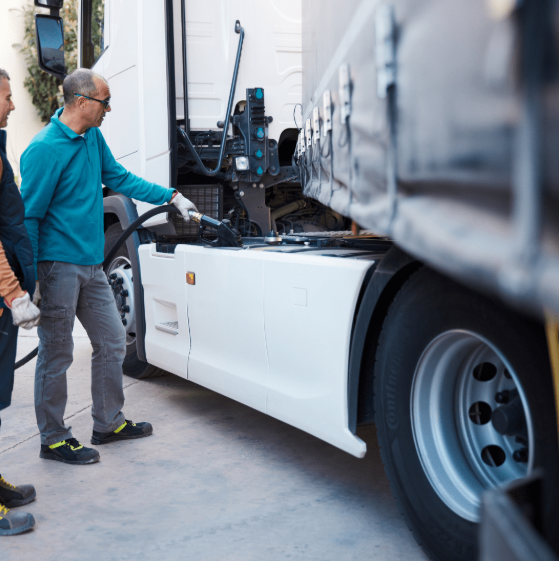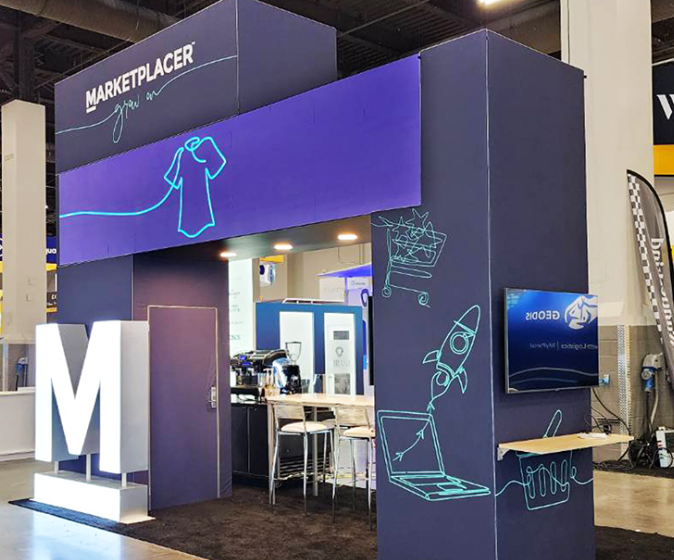Managing a fleet of vehicles involves numerous challenges, especially when it comes to controlling expenses and streamlining operations. However, incorporating fuel cards into your fleet management strategy can significantly improve your business’s efficiency, reduce costs, and simplify administrative tasks. In this guide, we’ll explore the various benefits of using fuel cards and how they can enhance your business’s overall fleet management.
Understanding the Role of Fuel Cards in Fleet Management
Fuel cards are designed to simplify the management of fuel purchases and vehicle maintenance costs. These cards provide fleet managers with the tools to better control spending while offering features such as fuel discounts, transaction tracking, and detailed reporting. By automating scheduling and expenses, fuel cards help reduce human error, improve interdepartmental communication, and free up time that can be dedicated to improving service quality or strategic decision-making.
Fuel cards also seamlessly integrate with other systems within the business, such as customer relationship management (CRM) or inventory management systems. This integration allows for smoother operations and better financial oversight, making it easier to identify inefficiencies and optimize processes. As a result, businesses can better manage transportation costs while improving overall operational performance.
Fuel Cards vs. Traditional Payment Methods
Traditional payment methods like cash or corporate credit cards often lead to cumbersome record-keeping, greater potential for fraud, and less visibility into spending. Fuel cards, however, offer a streamlined solution. They provide detailed transaction records and enable businesses to set spending limits and restrictions, making it easier to enforce company policies.
With real-time transaction data, fleet managers can monitor expenditures as they happen, quickly identifying any irregularities or opportunities for savings. This level of oversight helps businesses better control operational costs and prevent financial waste, positioning fuel cards as a more efficient alternative to traditional payment methods.
How to Choose the Right Fuel Card for Your Fleet
Choosing the right fuel card requires careful consideration of your business’s specific needs. Key factors to evaluate include the card’s acceptance network, security features, and the level of control it offers over transactions. You want a card that supports your operational goals by providing comprehensive reporting, flexible payment options, and fraud protection.
For example, if your business operates regionally, you may prioritize a card with a wide acceptance network. If you’re focused on cost savings, selecting a card that offers fuel discounts and transaction limits would be more beneficial. Understanding your fleet’s unique needs will help you select the card that aligns with your business goals and simplifies day-to-day operations.
Leveraging Fuel Cards for Reporting and Analytics
Fuel cards do more than just process transactions—they also generate valuable data that can help businesses improve their fleet operations. The transaction data collected by fuel cards provides deep insights into fuel consumption, maintenance needs, and vehicle performance. This data can be used to identify patterns, assess inefficiencies, and optimize scheduling for vehicle maintenance.
With the ability to track and analyze these metrics, businesses can make more informed decisions regarding maintenance schedules, fuel efficiency improvements, and asset management. By leveraging these insights, fleet managers can proactively adjust their strategies to reduce costs and enhance the performance of their fleets.
Integration with Existing Fleet Management Systems
Integrating fuel cards with your current fleet management system maximizes their potential. When combined with other tools like CRM or inventory management software, fuel cards create a centralized hub for tracking all fleet-related expenses. This integration streamlines processes, reduces duplication, and provides a clearer view of your fleet’s financial health.
For successful integration, it’s important to ensure that the chosen fuel card solution is compatible with your existing systems. With proper setup and training, fuel card systems can be seamlessly incorporated into daily operations, improving overall efficiency and providing greater control over all fleet-related transactions.
Security of Fuel Card Transactions
Security is a crucial consideration when implementing any payment solution, and fuel cards are no exception. Modern fuel cards come equipped with advanced security features such as PIN protection, chip technology, and real-time alerts to safeguard against unauthorized transactions. These security measures help reduce the risk of fraud and ensure that transactions are legitimate and secure.
To further protect your fleet, establishing strong internal protocols for transaction verification and monitoring is essential. By promoting a security-conscious culture and using fuel cards with robust protection, businesses can reduce their exposure to financial risks and ensure the safety of their transactions.
Future Trends in Fuel Cards and Fleet Management
As technology continues to evolve, so do the capabilities of fuel cards. One of the most exciting trends is the integration of fuel card systems with electric vehicle (EV) charging infrastructure. With the rise of sustainability in fleet management, having a fuel card system that supports both traditional fuel and electric charging stations will be increasingly important.
Furthermore, advancements in digital payment systems, including mobile apps and AI-powered analytics, will enhance the user experience for both managers and drivers. These innovations are expected to provide even more efficient ways to manage fleets, from predictive analytics for vehicle maintenance to seamless payment systems that cater to the growing demand for green transportation options.
Conclusion
Fuel cards are an invaluable tool for streamlining fleet management and controlling costs. By offering benefits such as detailed reporting, real-time transaction tracking, and enhanced security features, fuel cards help businesses improve efficiency, reduce waste, and enhance their operational performance. With the right fuel card solution, businesses can achieve greater control over their fleet operations, boost their bottom line, and stay ahead of the competition.
As fuel card technology continues to evolve, businesses should remain proactive in adopting new features and integrating emerging trends. Doing so will ensure that they are well-equipped to meet the demands of a dynamic and tech-driven market.









